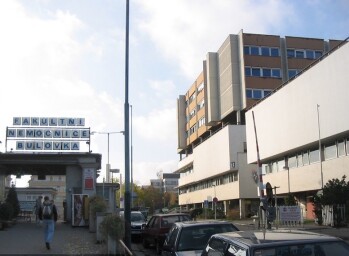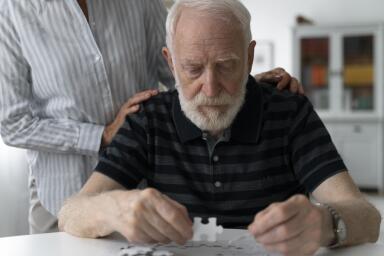Let’s start with three questions. The ones we should ask when we want to best prepare for something bad that’s coming, like the COVID pandemic, a natural disaster or war. The three basic questions are: first, how can I face it? Second, what do I need to have on hand to be able to face it? Third, if I do not have it, how can I secure it? If you can’t bring yourself to imagine the next crisis, the task will be harder. However, if you have been through some crises in the past, you already have experience in drawing lessons. That is exactly the situation in which the European Union finds itself after the COVID-19 pandemic.
In the European Parliament, we have been working for more than a year on a list of lessons that the EU learned during the recent health crisis. We are sure that the European Union reacted with all the instruments at its disposal and it is clear that its leadership, especially to boost the research and development of vaccines, as well as the coordination at Union level in all health areas, was crucial in saving millions of lives over these past three years.
Our key recommendation is that the EU must become more self-sufficient in health matters, such as in producing medicines. It needs to avoid dependency on third countries. It needs to increase its production capacity while also diversifying its global supply chain and ensuring better coordination of national health strategies. This is what we need to have on hand when we face the next crisis. The reindustrialisation of Europe with a competitive pharmaceutical sector will further strengthen the EU’s open strategic autonomy in health. This must be our blueprint to avert the repetition of past mistakes.
It is crucial for the EU to set clear rules – rules that mean we don’t need to close schools or parliaments for a long time again. We don’t need to damage European businesses with wild, unexpected restrictions. We mustn’t put the most vulnerable in a situation where they feel even weaker, even more scared, and unable to understand the steps that his or her country is taking. For this reason, it is also very important to learn from the spread of disinformation, which had an even more devastating impact during the crisis. We need enhanced protection against disinformation and misinformation campaigns, including against cyber-attacks targeting essential services.
The European Parliament will decide on its list of recommendations in plenary in July. Once adopted, we won’t stop there. We will continue to work to ensure that most of the suggestions are in place as quickly as possible. We want the final COVI Report to be a pathway for the future of Europe – a Europe able to face any threat not only to our health, but also to our security, our welfare and lifestyle model.
Mohlo by vás zajímat
Michaela Šojdrová, MEP
Dolors Montserrat MEP, author of the report of the Special committee on the COVID-19 pandemic












